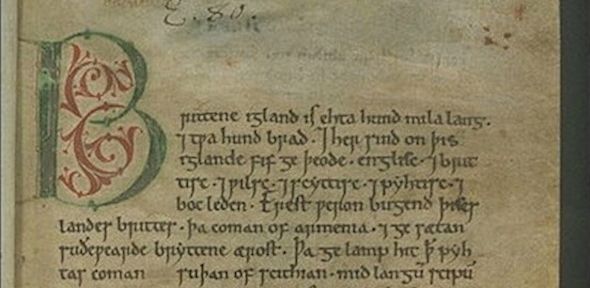
People
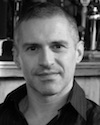 |
Mark Chinca's research spans several areas of medieval and early modern German literature in its comparative context: aesthetics and poetics; theory of fiction; ars moriendi; devotional and pastoral writing, especially relating to the Last Things; early Middle High German literature; text editing; the Kaiserchronik. |
|
Miranda Griffin works on medieval French literature from the eleventh to the fifteenth century. In particular, she is interested in exploring the way in which the human and the nonhuman are defined in the Middle Ages. Miranda's current project focuses on the depiction of landscape and journeys in medieval French literature. |
|
|
Louise Haywood’s work focuses on medieval Iberian literature and culture, particularly visual culture and space. Her main interests include authority, truancy and humour; premodern notions of the body and psychology, particularly as they relate to power, love, gender and sexuality; manuscript communities; and the representation of Christians, Jews and Muslims. Her work on Juan Ruiz’s Libro de buen amor, the fifteenth-century cancionero and teaching translation is well known. |
|
|
Helen Hunter's research focuses on intertextual networks and the evolution of literary motifs. Her doctoral thesis compared uses of biblical imagery in the Middle High German Gregorius and its 20th century counterparts. Her current work on the Kaiserchronik traces the variants of that text across its c. 350 year transmission, its textual influences and legacy. |
|
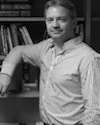 |
Adam Ledgeway is Professor of Italian and Romance Linguistics and his research interests include the comparative history and morphosyntax of the Romance languages, Italian dialectology, Latin, Italo-Greek, syntactic theory, and linguistic change. His research is channelled towards bringing together traditional Romance philological scholarship with the insights of recent generative syntactic theory. |
|
Olenka Pevny's research interests include the cultural history, visual culture and art and architectural history of medieval and early modern Eastern Europe with an emphasis on Ukraine. She studies the place of art and visual culture in narratives of national, regional, religious and gender identity and is involved in conservation and preservation initiatives of archaeological and cultural-historical sites. |
|
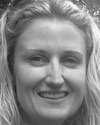 |
Kylie Richardson’s research has focused in the past on issues in Slavonic linguistics, and primarily on Slavonic morpho-syntax. She is still interested in topics in Slavonic aspect. She is, however, currently working on language and consciousness, which includes researching the shamanic explorers of consciousness in Slavonic history and culture. |
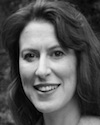 |
Dr Heather Webb’s research focuses on concepts of personhood, embodiment, and intersubjectivity in late medieval Italy. Her current work is concerned with gesture and devotion in Dante’s Comedy and as visualised by his late medieval and early modern readers. |
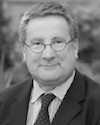 |
Joachim Whaley's research so far has concentrated on the history of the Holy Roman Empire in the early modern period. He has also written extensively on the German Enlightenment and its legacy in the nineteenth and twentieth centuries. Further fields of interest on which he has published regularly are the question of German identity since the fifteenth century, the German memory of the Reformation from the sixteenth century to the present and the historiography of medieval and early modern German history in the nineteenth and twentieth centuries. He is currently working on a larger project that will survey the history of German-speaking Europe from the Middle Ages to the present day. |
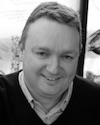 |
Chris Young has dual research expertise in medieval German literature and language (primarily of the twelfth and thirteenth centuries) and in the history of sport in modern Germany and Europe (including its mediatization in the early twentieth century). |


